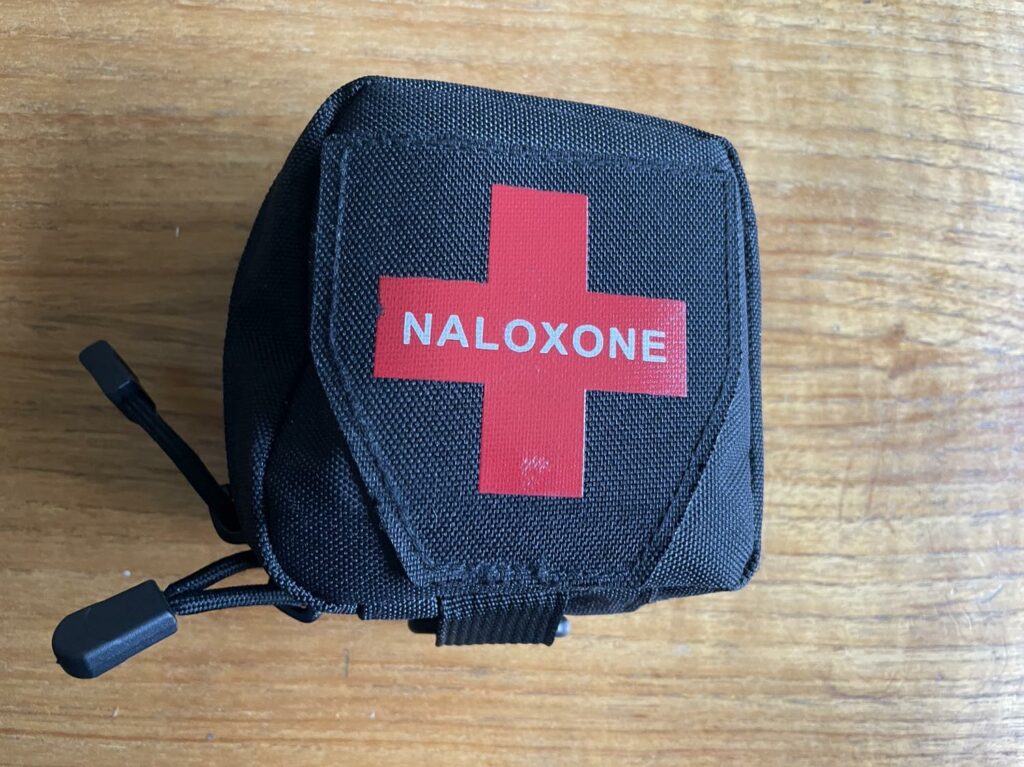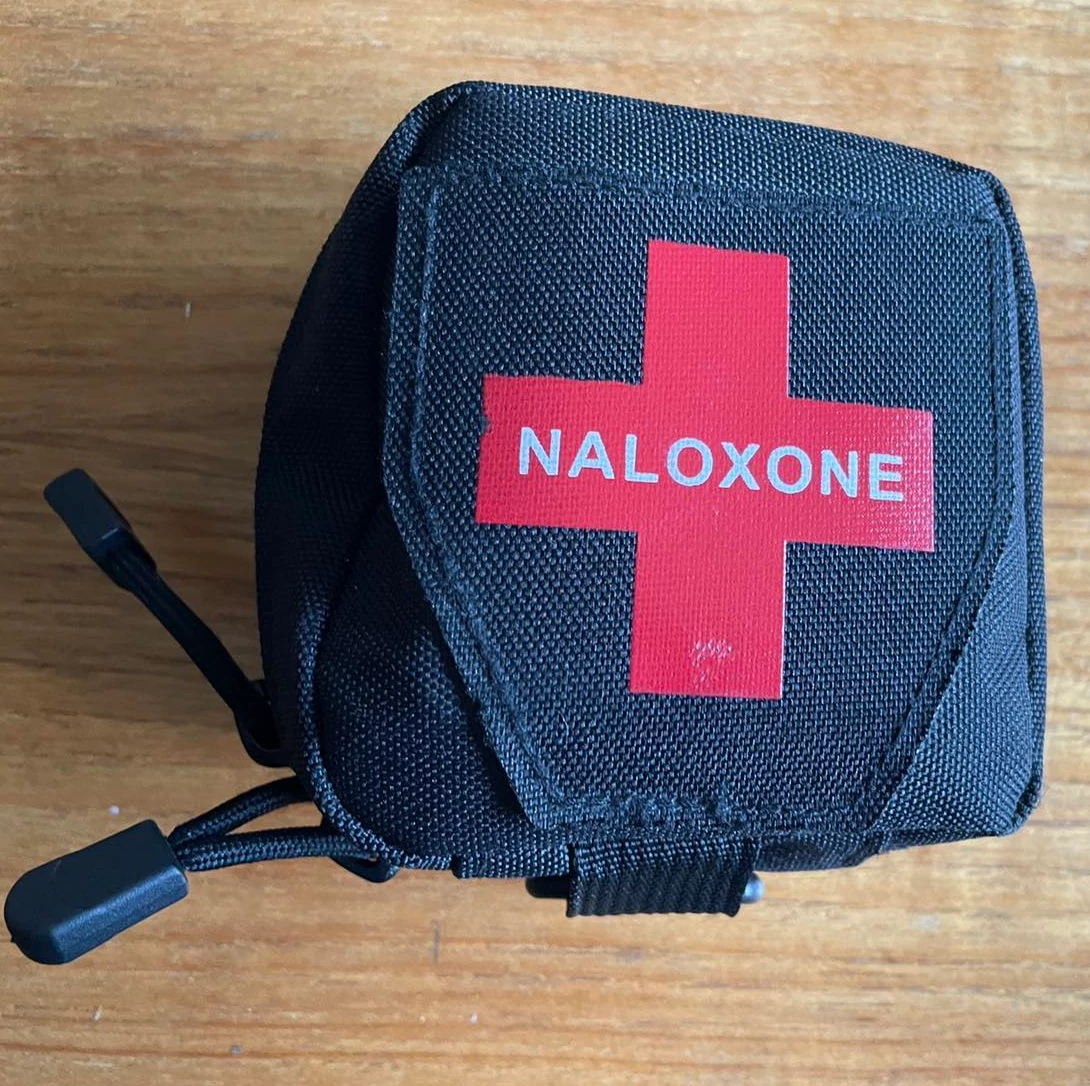Beginning in the 1990s the opioid crisis impacted people throughout the US. Overuse, misuse/abuse and overdose deaths have led to significant medical, social, psychological, demographic and economic consequences. Communities have dealt with these consequences in a variety of ways.

According to the Mayo Clinic, one of the leading causes of the opioid crisis in the US is prescription opioids ordered by doctors and filled by pharmacies. The US has a higher opioid prescription rate than other developed countries. To address the crisis, opioid settlements have been negotiated with all the major pharmacies.
In 2021, Massachusetts announced its first settlement with Johnson and Johnson. Since then, six additional settlements have been reached with pharmacy companies for almost $1 billion. Over a seven-year period it is estimated that $93 million of those funds will be disbursed to local communities and counties of Massachusetts.
As detailed in the Massachusetts Department of Public Health “Abatement Strategies” these funds can be used to address issues in seven areas: promote treatment of people with Opioid Use Disorders (OUD), assist people in treatment and recovery, provide connections to care for people who have or are at risk of developing OUD, assist efforts to prevent overdose deaths or other opioid-related harms, assist diversion and deflection programs and strategies for criminal-justice-involved persons with OUD, support pregnant or parenting women with OUD and their families, including babies with neonatal abstinence syndrome, and support efforts to prevent misuse of opioids.
Plans municipalities develop to expend municipal abatement funds should:
- Incorporate community input from those directly affected by the opioid epidemic.
- Address service disparities to increase access and equity in treatment and services for OUD, prevention, and harm reduction relating to opiates.
- Leverage existing state, city, town, and community opiate use disorder, mental health disorder, and behavioral health disorder programming and services.
Municipalities are encouraged to innovate and collaborate in developing opioid abatement fund strategies.
As of May 15 of this year, the website for Massachusetts Attorney General’s Office lists Acton as receiving $151 thousand of settlement funds. Spreadsheets posted by the Attorney General’s estimate that by the end of the seven-year period, Acton will have received just under $600 thousand in abatement funds derived from Walmart, Teva, Allergan, CVS, Walgreens, Johnson & Johnson, and pharmaceutical distributors.
Acton’s Health Director, Penelope Funaiole, has begun the planning process of how best to utilize the settlement funds to address the identified seven abatement strategies. She anticipates working closely with fellow department heads who are addressing the opioid crisis in developing an outreach plan that will ensure community input from those directly affected by the epidemic. She will also be looking at partnering with local health providers in neighboring communities to have the best understanding of the impacts of the crisis and achieve the best utilization of the settlement funds.
As reported in the Harvard Press, there is a concern regarding the formulas used to disburse funds to each community. The impacts of opioid abuse within each community are not well documented. Massachusetts used a wide range of criteria to determine how much money each community should receive. For instance, the amount of funding for local schools was included in the formula, but the amount of funding for regional schools was not. Another example is the number of opioid prescriptions distributed by the pharmacies in a town were counted, but not what community the receiver of the prescription was from.
This has led to significant funding anomalies that are hard to account for. While Acton is receiving just under $600 thousand, nearby Westford, of a similar population and demographic is receiving over $1 million, according to a database compiled by the Harvard Press.
DK Halley was Acton Health Director from 1987 to 2015. He is now a volunteer writer for the Acton Exchange. The editors thank John Osborn, editor of the Harvard Press, for drawing our attention to this story idea.

